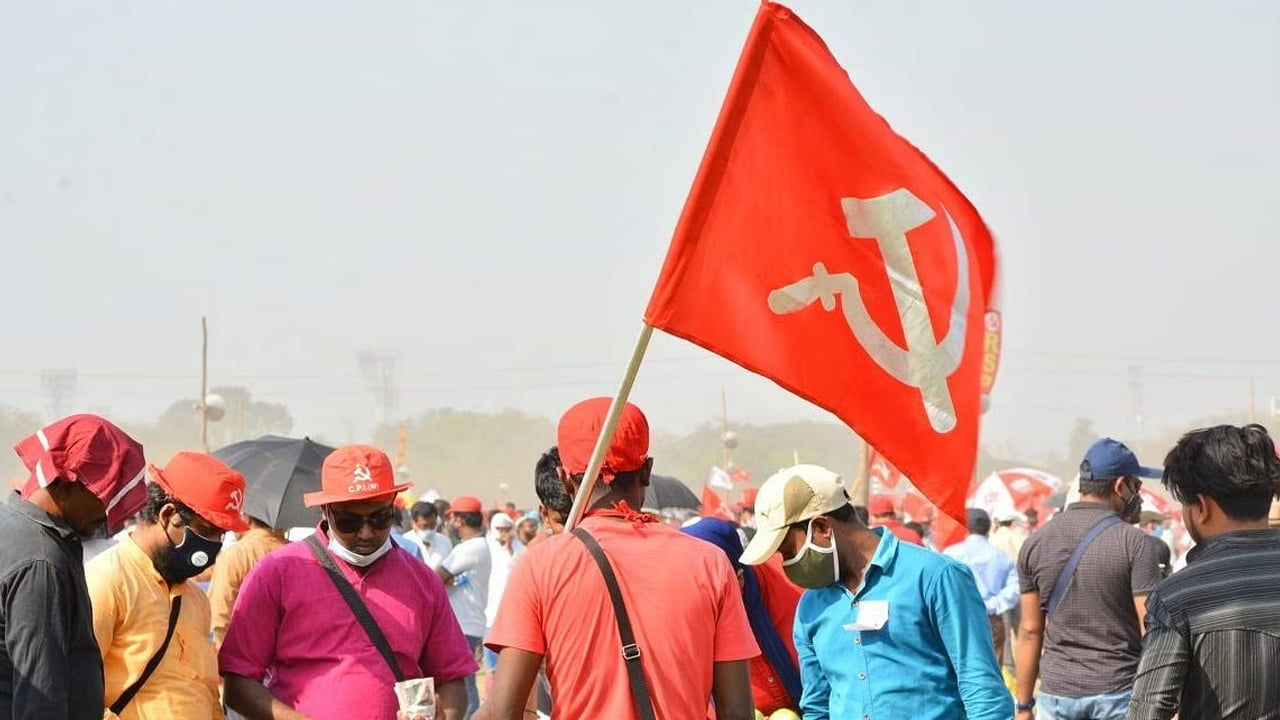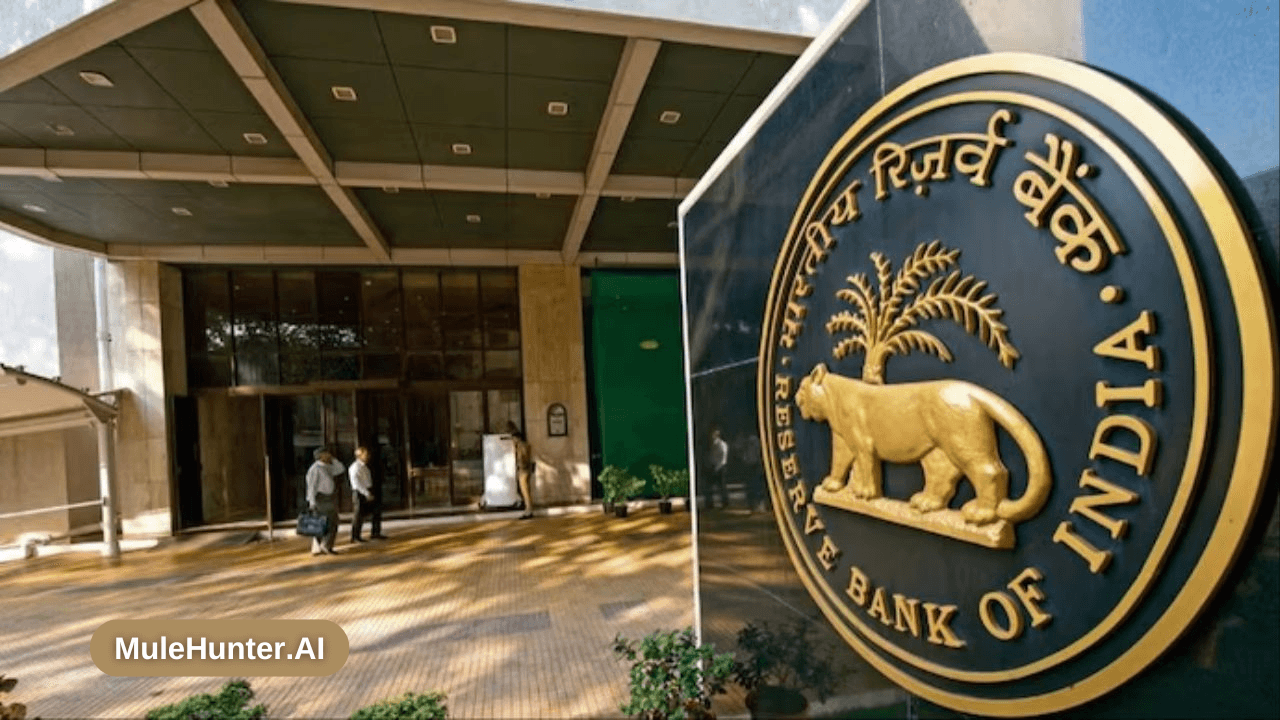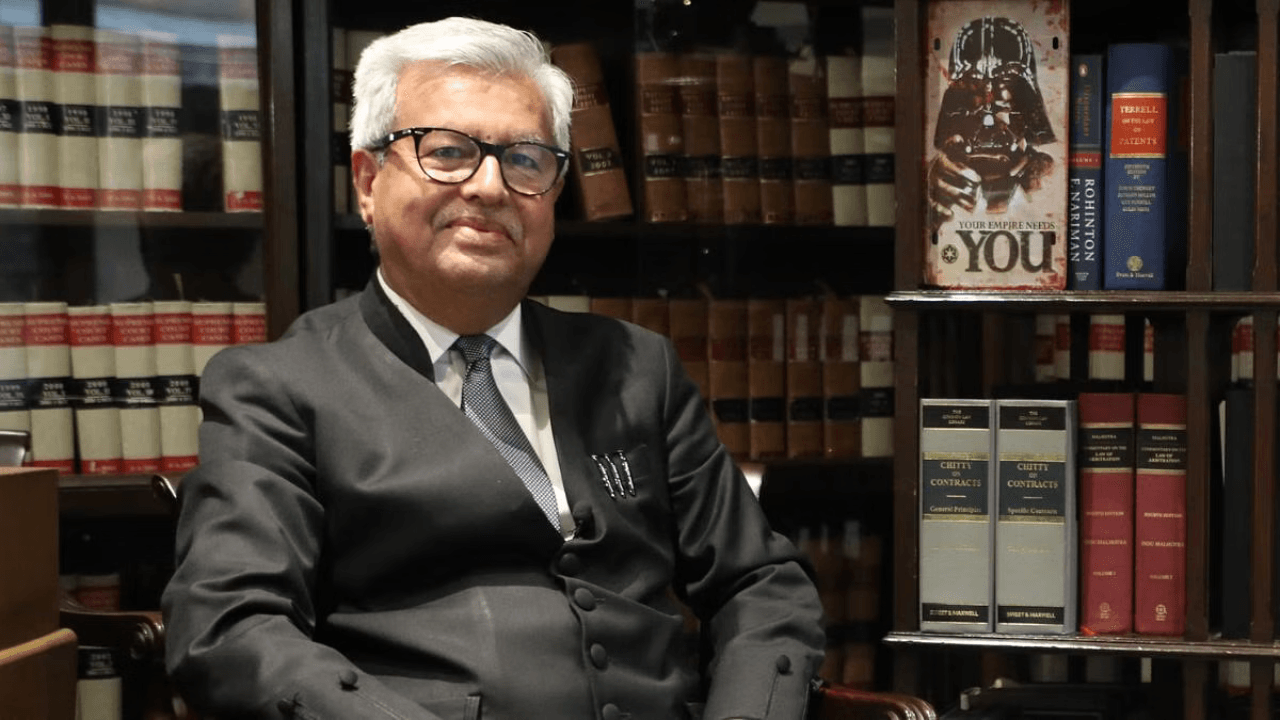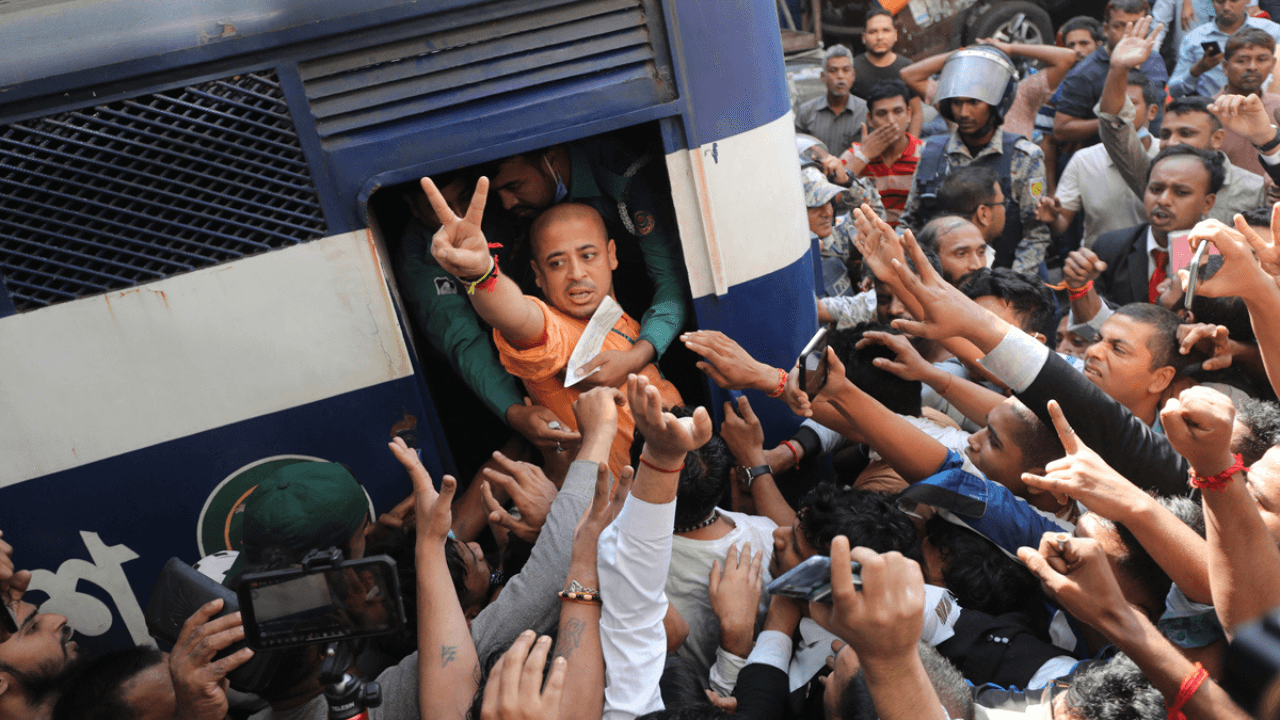The Communist Party of India (Marxist), CPI(M), has decided not to contest the upcoming Lok Sabha elections in Jammu and Kashmir, according to party sources. The move is reportedly part of a strategy to consolidate votes against the Bharatiya Janata Party (BJP) in the region.
The decision comes amid a complex political landscape in the union territory, which has seen significant changes since the abrogation of Article 370 in 2019. The CPI(M) aims to unify anti-BJP votes by not fielding any candidates, signaling a shift in its electoral tactics.
Speaking on the condition of anonymity, a senior CPI(M) leader stated, “Our main objective is to prevent the division of votes against the BJP. We believe that by not contesting, we can contribute to the consolidation of anti-BJP votes, which is crucial in the current political scenario.”
Background on CPI(M) in Jammu and Kashmir
The CPI(M) has had a limited presence in Jammu and Kashmir historically. The party’s ideology, which focuses on issues of class struggle and social justice, has resonated with some sections of the population, particularly in urban areas and among certain ethnic communities.
However, the party has struggled to establish a strong foothold in the region, largely due to the dominance of regional parties like the National Conference (NC) and the People’s Democratic Party (PDP), as well as the emergence of the BJP as a significant political force.
Despite its limited electoral success, the CPI(M) has been active in Jammu and Kashmir, particularly on issues related to workers’ rights, land reforms, and social welfare. The party has also been critical of the central government’s policies in the region, including the abrogation of Article 370 and the subsequent changes in the region’s status.
The CPI(M)’s decision not to contest the upcoming Lok Sabha elections reflects its strategy to align with other opposition parties to challenge the BJP’s dominance in Jammu and Kashmir. The move underscores the party’s commitment to its ideological principles while adapting to the evolving political dynamics in the region.












